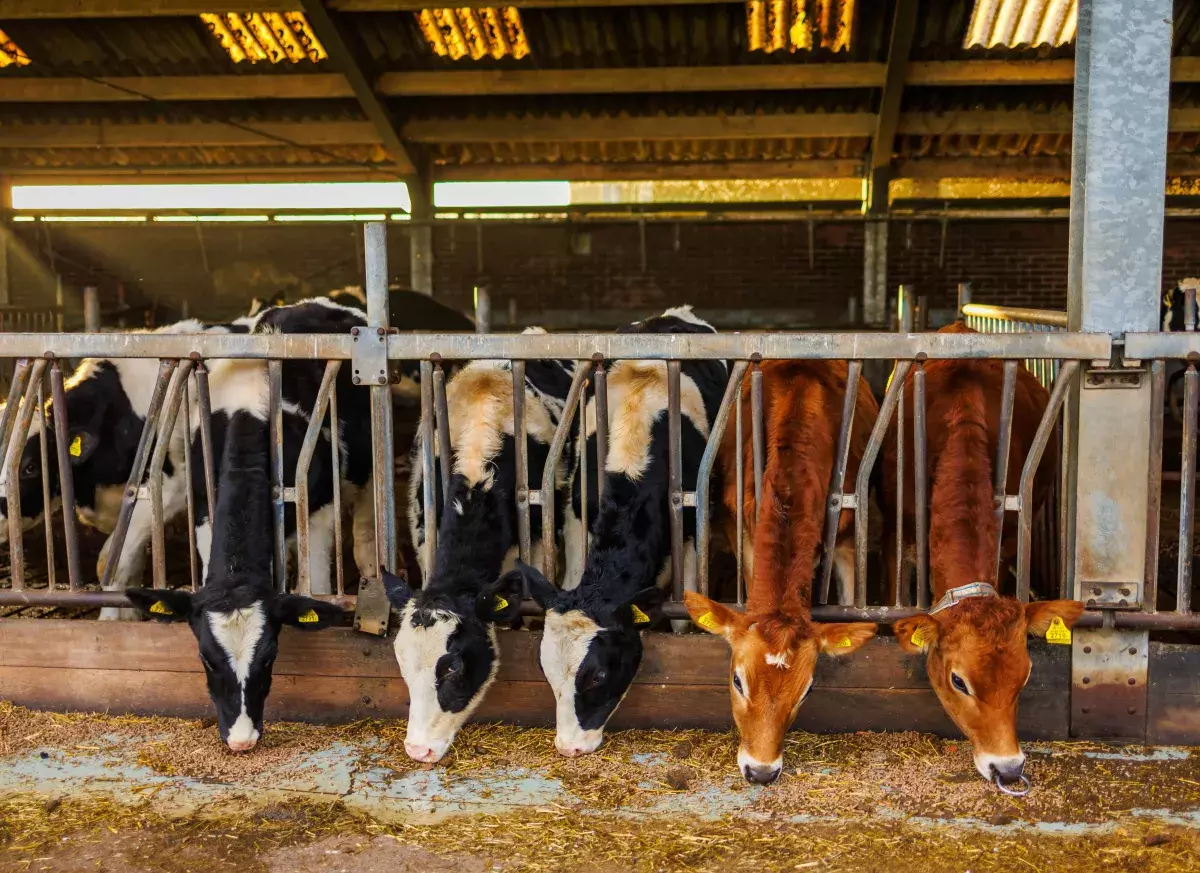News
'A good deal': UK climate goals can be delivered at 'minimal cost', study finds
The UK could meet its 2030 emissions targets by mobilising between £6bn and £8bn of public investment annually, a new analysis from University of Oxford researchers has calculated. "A focus on only the initial costs of adoption denies households and businesses significant savings that low-carbon technologies offer, for example when a household has to replace an ageing boiler or vehicle in the coming years as millions of businesses and homes will be doing," said Dr Anupama Sen.
Adopting net zero technologies will save UK economy billions
New evidence shows the UK can get a good deal on Net Zero at minimal cost to people and the economy, with the co-benefits of improved homes, reduced bills and 250,000 more jobs.
Dr Laurence Wainwright wins Teaching Excellence Award
Dr Laurence Wainwright has been presented with a Teaching Excellence Award from the University of Oxford’s Social Sciences Division. Dr Wainwright is a Departmental Lecturer at the Smith School of Enterprise and the Environment, and Director of its MSc in Sustainability, Enterprise and the Environment.
Saving rhinos: What are the best policies to ensure megafauna survival?
Rhinos have been a flagship for animal conservation for a while now, a symbol of all endangered species that need protection. So how do we ensure their survival?
Can We Solve Climate Change by Suing Polluters?
"Climate litigation is not just growing — it’s snowballing," writes The Daily Upside. However, international courts have been slow to catch up. Dr Ben Franta of the Oxford Sustainable Law Programme comments: “It’s a well-known challenge [with] international courts: Because they don’t have independent police power, they must persuade member states to comply with their orders.”
Vice-Chancellor’s Awards Honour Outstanding Achievements in Smith School
Two Oxford Smith School programmes were awarded in the recent Vice Chancellors awards. The Global Youth Climate Training programme - a Smith School, School of Geography and Global Youth Coalition initiative - won the Environmental Sustainability Award. REACH, a global research programme to improve water security led by Professor Rob Hope, won the VC's Research Engagement Award.
Credible firm-level transition plans need credible national actions
Credible firm-level transition plans need credible national actions. As businesses set ambitious climate goals, it's clear that national policies play a crucial role in driving these efforts.
Dr Radhika Khosla calls for greater urgency on heat resilience and sustainable cooling
The Environmental Audit Committee (EAC) has branded the UK Government’s response to its inquiry into heat resilience and sustainable cooling a “missed opportunity” in a press release published this week.
Livestock intensification: No panacea for emissions
In a letter published in Science, research associate Dr Divya Narain challenge's the UN Food and Agriculture Organisation's recommendations on livestock intensification as a solution to emissions.
Europe is seeing “devastating” rise in health harms from extreme weather events, experts warn
Dr Laurence Wainwright comments on the latest European State of the Climate report, which found that instances of extreme heat and other climate events are continuing to rise in Europe. "While most people understand that extreme heat creates problems for physical health, there is far less understanding of the considerable impacts that it presents for mental health—especially for those with an underlying psychiatric condition," he said.
Oxford researchers comment on the plastic waste crisis for Earth Day 2024
The theme of Earth Day 2024 was ‘Planet vs Plastics.’ Amani Maalouf and Jose Espi explain how their research on waste management and sustainable plastic impacts the global plastic crisis.
The man reinventing economics with chaos theory and complexity science
New Scientist interviews Doyne Farmer about his new book, Making Sense of Chaos, which unpicks why standard economic approaches often fail and presents a radical alternative.












